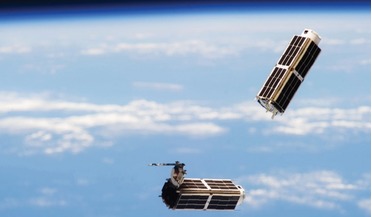 September 2016
Small launcher market survey
September 2016
Small launcher market survey
... trend of Moore’s Law driving miniaturisation of hardware has created a technological basis that has enabled smaller satellite systems to accomplish useful and operational capabilities. Furthermore, the global economic downturn that began in 2008 has...
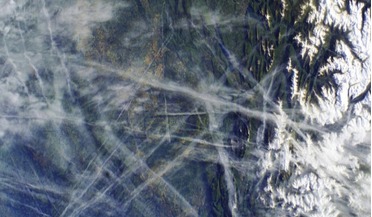 November 2017
Managing air and space traffic from orbit
November 2017
Managing air and space traffic from orbit
... in the 1980s it was allowed for civilian use. With this emerged the generic name of Global Navigation Satellite System (GNSS). Russia then developed its own GNSS called GLONASS. Since then China has developed its...
 June 2018
Archaeologist of the future
June 2018
Archaeologist of the future
... to put a small statue on the Moon. Resources which we also spend, in a much larger fraction, on telecommunication satellites systems allowing us to channel an ever-increasing amount of data to our smartphones. One can legitimately ask oneself which...
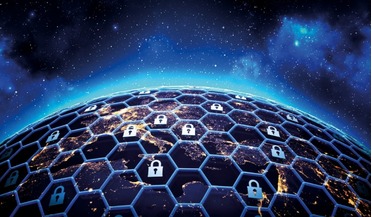 October 2019
Space-based cybersecurity challenges for NATO
October 2019
Space-based cybersecurity challenges for NATO
... forces vulnerable to attacks. In 2002, the EU initiated a European alternative to GPS, which is one of four existing Global Navigation Satellite Systems (GNSS). At the core of Galileo lies a European strategic determination to create a stand-alone...
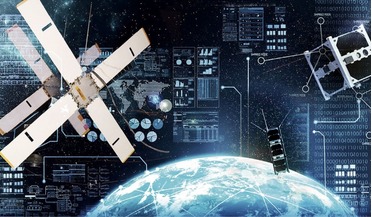 October 2020
Open Source Space
October 2020
Open Source Space
... and operational precursors. The successful projects increased industry confidence in the commercial potential of small satellite systems, missions and applications, further stimulating the market, supply chain and wider smallsat ecosystem. These...
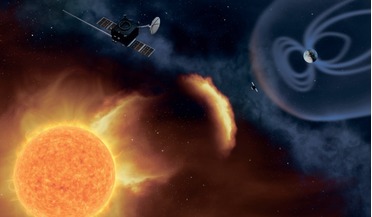 June 2021
The next ‘unthinkable’ – global disruption from a solar storm
June 2021
The next ‘unthinkable’ – global disruption from a solar storm
... investment industry could be affected. Think, for example, about high-speed trading where the global navigation satellite systems are commonly used to place time stamps on financial transactions where precision timing is critical. A severe space...